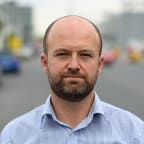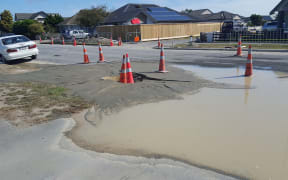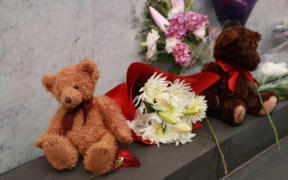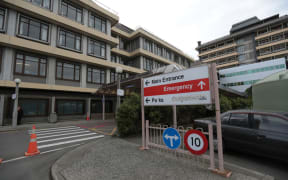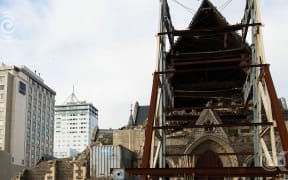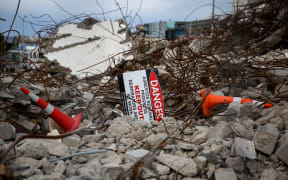The next three years for Christchurch, with completion of key infrastructure coming years later than some expected, will be crucial ones, an invitation-only city leaders forum has been told.
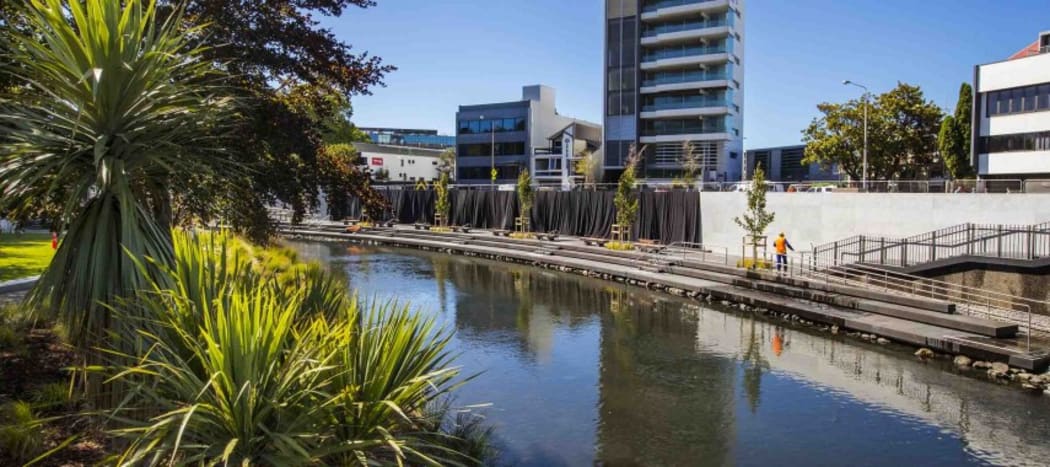
The Canterbury earthquake memorial. Photo: Christchurch City Council
Christchurch rebuild minister Nicky Wagner and mayor Lianne Dalziel spoke to about 300 business and community leaders about progress in the city at the event last night.
They were joined on stage by Christchurch airport chief executive Malcolm Johns, who emphasised the importance of the yet-to-be-built convention centre, and the metro sports facility which would attract national sporting competitions.
"The next three years in Christchurch are the Goldilocks years," he said.
"That's when all of the physical infrastructure that everyone expected in the first three or four years after the earthquake is going to come in to being. And if the context of our conversation is a downward or negative spiral, then we're not going to make the most of that opportunity."
Before the earthquakes, the city hosted 15,000 tourists a night. This had now slipped to just 3000, Mr Johns said.
The city needed to be ambitious about the scale of its new infrastructure, while at the same time making sure it worked for the locals, he said.
"Quite naturally in Christchurch, when the place got disrupted significantly, people became disorientated in terms of how they attached to the city. And what you're getting now in the CBD is a fundamentally different-looking city. So the leadership challenge here is how do you get the old heart to beat inside its new skin."
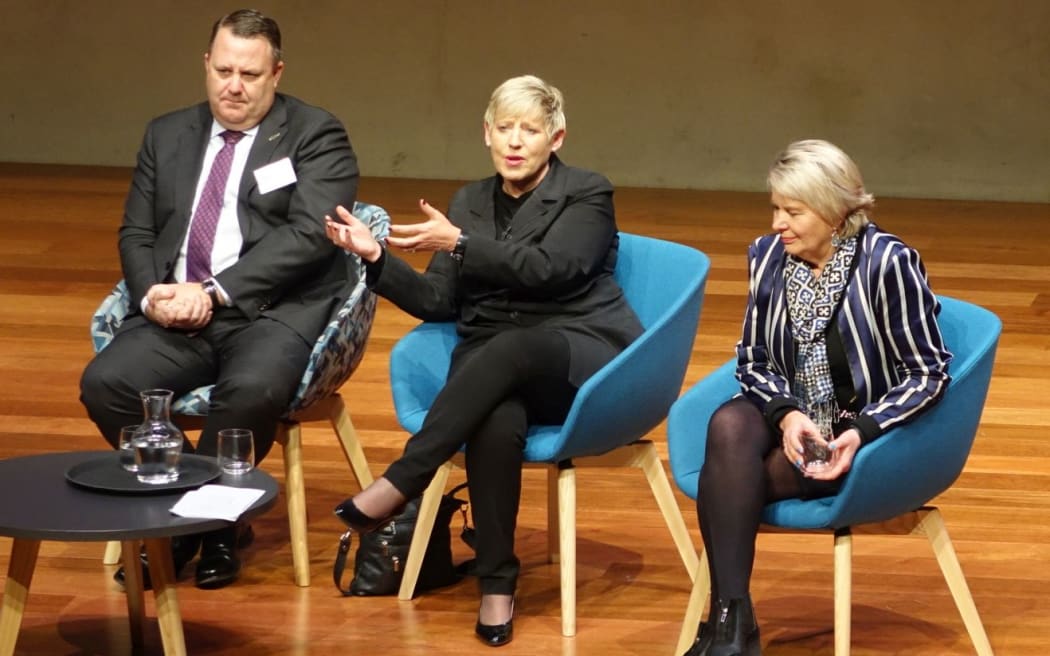
Panel members, from left, Christchurch airport chief executive Malcolm Johns, Mayor Lianne Dalziel and Christchurch rebuild minister Nicky Wagner. Photo: RNZ / Conan Young
Another panellist, Will McLellan, who was one of those behind technology hub Epic, said a tour he had made of so-called dead US cities Denver and Detroit had shown him the importance of providing opportunities for new companies to thrive.
"So what I would like to see, moving forward, is this connection between business, education and government to really drive activity."
The technology hub Epic did not get beyond the pilot phase due to what its backers said was the exorbitant price being charged by the government for land in its innovation precinct, something Mr McLellan said was a missed opportunity.
"I think stronger partnerships could have been built. The partnerships we've had with the council were outstanding," he said. "MBIE [Ministry of Business Innovation and Employment] and NZTE [New Zealand Trade and Enterprise] stepped up to the plate. Everybody has to put some chips on the table if you're going to play. A lot of people talked good, and then left."
Ms Wagner said she stood by the government's record on delivering on its blueprint for the city, and pointed to the Margaret Mahy Playground and the Bus Exchange as examples.
"For me, somebody who lives in the centre of the city, to bring people back is really important too and I think we're beginning to see that. There's much more inner-city housing being developed. The east frame will bring those people back in."
Ms Dalziel said the idea of having precincts for everything from health to innovation was becoming less important.
"I think it was important to ensure there was going to be dedicated spaces to different elements, but I think it will start to blend together."
She said she was confident the community would be brought on board to a greater extent when it came to decisions about the future of the residential red zone.
